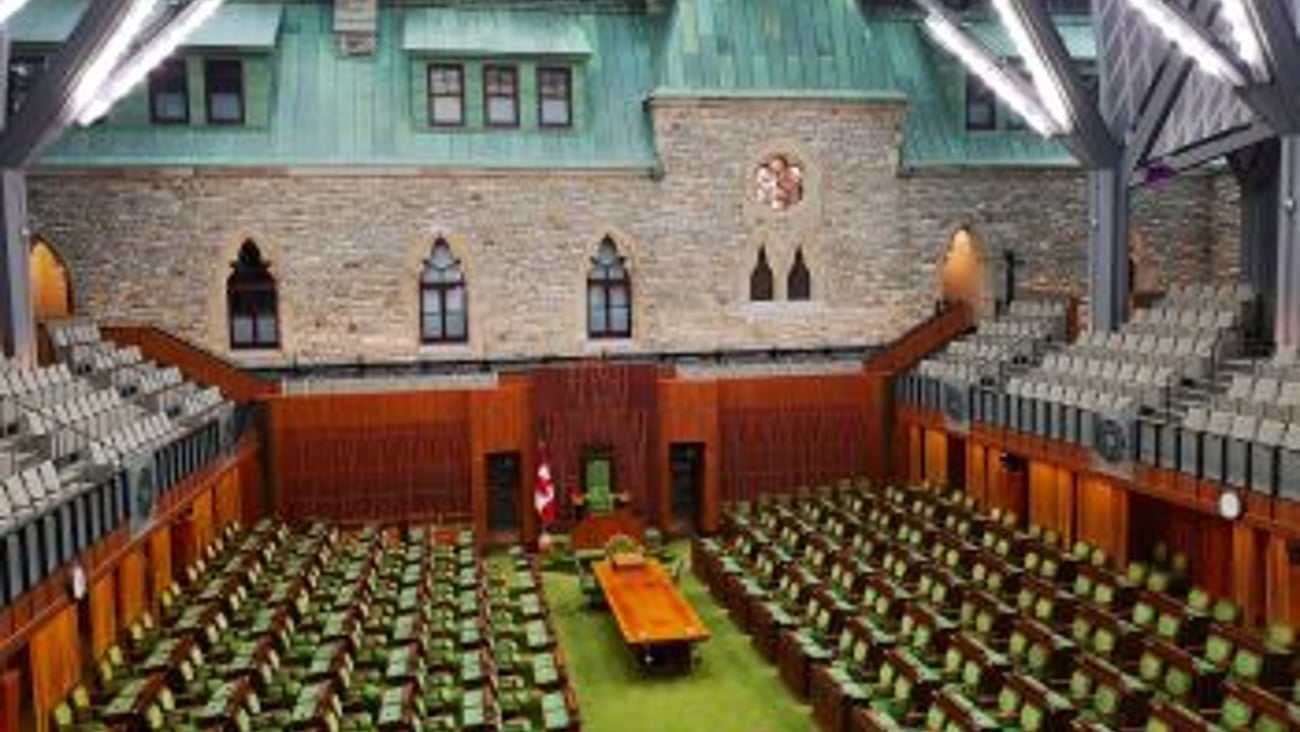CICC president makes presentation at House of Commons Standing Committee on Finance
Each year, the House of Commons Standing Committee on Finance invites Canadians to participate in its annual pre-budget consultations process, from which the committee will then table a report from what has been presented during these consultations in the House of Commons with recommendations to be considered by the Deputy Prime Minister and Minister of Finance in the development of the 2025 federal budget.
“Each year, Canadians are invited to contribute their views to the committee on their priorities for the next federal budget. Once again, we're eager to hear from Canadians, who provide invaluable insight into this committee's recommendations to the government,” said Peter Fonseca, M.P., Chair of the House Finance Committee upon the announcement of this year pre-budget consultations.
Every year, the Convenience Industry Council of Canada (CICC) makes a presentation to the committee, representing Canada’s 22,000 convenience stores and its many employees.
Below are the remarks given this year by Anne Kothawala, president and chief executive officer, CICC to the committee:
Thank you very much, Mr. Chairman, and members of the committee.
For hearing from local corner store as part of your pre-budget consultation, on behalf of Canada's 22,000 convenient stores, which employ 188,000 people in communities right across the country, we are pleased to speak with you about issues facing our industry and provide you with three recommendations that would support local stores and workers as part of Budget 2025.
We recommend the removal of credit card interchange fees on the tax portion of sales made by credit card and the allocation of additional federal funding to address the sale of illegal contraband tobacco and reinstating the ability for our stores to sell nicotine replacement therapies to adult consumers. Punishing credit card interchange fees, proliferation of contraband tobacco and illogical restrictions on products sold in our stores have a direct impact on our businesses, our workers and Canadian communities. One in five stores are closing their doors in Canada every week, the majority of which are in rural and remote communities. This is a major problem for the 60% of Canadians who say convenience stores are important to meeting their needs.
The challenges facing convenience stores are unique. We collect more taxes than any other retail sector due to the mix of highly taxed products that we retail, including fuel and tobacco. In 2023, our members collected more than $24 billion in tax, $11.42 billion for the federal government alone. We are heavily taxed and also heavily regulated. Stores face dozens and dozens of red-tape barriers to opening and operating stores, which have a direct cost on business and curb interest in investment and growth.
These existing pressures are compounded by the current approach to credit card fees and contraband tobacco.
On credit card fees, our stores face a double whammy. We pay both the interchange fee on the product sold and on the taxes applied to these products. The result: our stores are spending tens of thousands of dollars per year per store simply on fees on just the tax portion of the sales made by credit card.
Using an illustrative example of a gas purchase in Nova Scotia, if credit card fees on the tax portion of a $60 gas purchase were to be addressed, merchants would save about 50%, money that could be invested in our stores and workers and to help keep prices competitive. Regrettably, our stores do not qualify for the new small business interchange rate, which benefits really only micro businesses and a promise from the current government to eliminate this swipe fee from the tax portion of transactions made in 2019 hasn't materialized. We don't buy the argument that it isn't possible to do. Surely there is a solution. An easy one would be a tax credit for these retailers who are facing excessive costs to collect taxes for government.
If we are going to compete with big-box stores and remain viable relief on credit card fees is essential.
Rural crime and organized criminal activity is also threatening our stores and communities. Committee members may have seen news on Monday that four of our member store locations in Winnipeg will close their doors due to rising crime at these locations. You can understand our frustration to see this happen when the federal government takes no action on the issue of illegal tobacco, even though it directly undermines our law-abiding businesses. It is shameful that our stores are competing with organized criminals. They go unpunished, while we are forced to shutter our doors.
Inaction on contraband tobacco isn't just about tax collection, it is about public safety. Contraband tobacco seizures are often accompanied by the seizure of illicit drugs and firearms. We need to be more deliberate in targeting contraband and illicit tobacco, both with more powers for law enforcement and by addressing the online growing illicit market.
I can speak to more specific recommendations during the Q and A if desired.
Our final recommendation is to return nicotine replacement therapies, like nicotine pouches, to convenience stores. Canada's convenience store industry has been entrusted for decades to sell age-restricted products to adult consumers, namely lottery, tobacco, vaping products and in some provinces alcohol.
We have a strong record of success in preventing youth access to age-restricted products. The decision to remove these products from our stores was without merit, and carries significant consequences for adult consumers and legal retailers. These products should be returned to our shelves so that adult consumers can easily make the choice to choose a reduced- risk product at the same place they purchase their tobacco.
Our stores are not here seeking a handout, but addressing punishing fees and taxes, addressing criminal activity and allowing our businesses to responsibly sell legal products can go a long way to ensuring we remain cornerstones in Canadian communities.
I look forward to answering any questions you may have. Thank you







